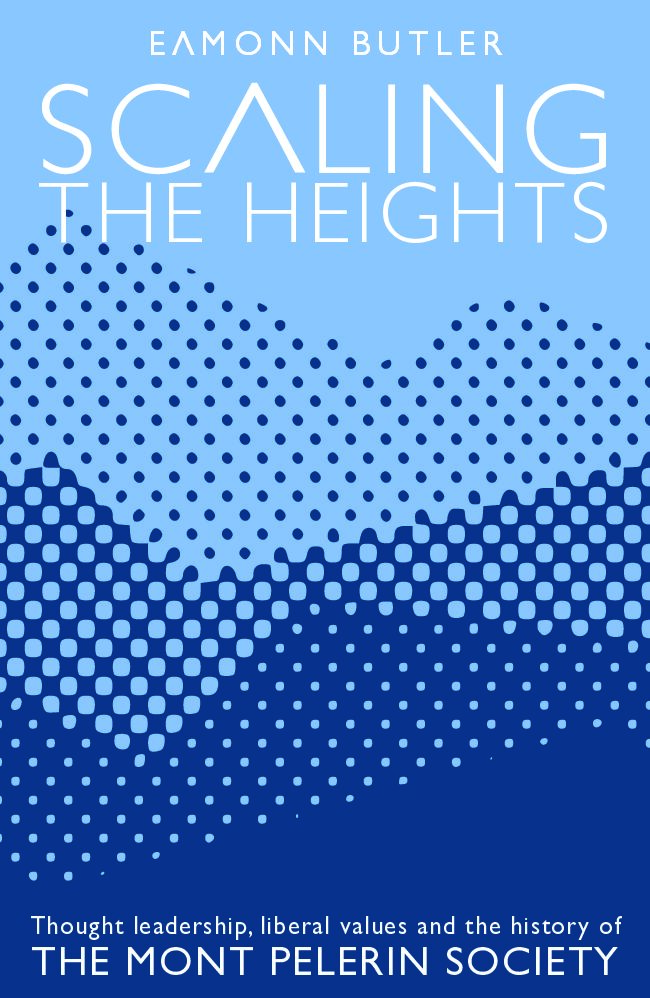Red Card: Why English Football doesn’t need an independent regulator
SUGGESTED



Summary
- The Fan Led Review of Football Governance calls for major changes in the way English football is run, with the government imposing an independent regulator (IREF). The government has indicated support for an IREF.
- There is tension between the legal and commercial reality of football clubs as private businesses, and the way many fans understand the club they support as a more intangible community that ‘belongs’ to them. Private legal owners sometimes take actions that conflict with the wishes of these fans.
- The Review proposes to address this by way of a formal, state-mandated regulatory system. But rather than protecting the equity stake and preferences of fans in the face of the commercial interests of private ownership, this may substitute the preferences of technocrats and drive out investment from the game.
- Regulating an industry imposes many costs, including compliance costs and disincentives to investment and innovation. It hasn’t protected industries such as energy, water and financial services from regular problems and occasional crises.
- The Review’s concern that football is inherently financially unstable ignores a history which shows very few clubs closing permanently. This industry is almost unique in that most businesses in operation a hundred years ago are still around today.
- The Review recommends that, in addition to the creation of a regulator, the government should mandate a package of measures for an IREF to implement. Several involve substantial new restrictions on private property rights which may be challenged in the courts and could give rise to substantial compensation claims. If upheld, such measures could deter future investment in football and in the wider UK economy.
- The ability and incentives for new owners to enter football and invest in clubs are crucial. Such investment enables movement up leagues, helps clubs remain competitive, and makes possible development of grounds and facilities.
- As well as undermining property rights and disincentivising investment, the recommendation to give supporter organisations a veto on club decisions raises questions about the representativeness of these bodies in a globalised football environment where fanbases of large clubs are no longer simply local.
- Enhanced checks on potential owners and directors, and mandatory training and qualification for these roles, plus requirements for detailed business plans and equality, diversity and inclusion programmes, will be costly and are particularly likely to deter investors and volunteer workers in smaller clubs.
- The Review does not attempt a cost-benefit analysis; there is only an assertion of the benefits to be obtained from an IREF. The government should not have rushed to endorse the Review’s findings without better evidence of the claimed benefits and consideration of the associated costs.
Fullscreen Mode






Well, as long as the government sees fit to dictate what owners can do, how about regulating the fans? Why should they be deprived of all this government imposed progress? How about codes on what they can wear, what they can sing or shout, what they can eat or drink during the games or before? How about government inspectors to ensure that fan enthusiasm is “appropriate” and not detrimental to inclusivity. And of course, we must have equal outcomes from the games themselves. Only ties from now on!